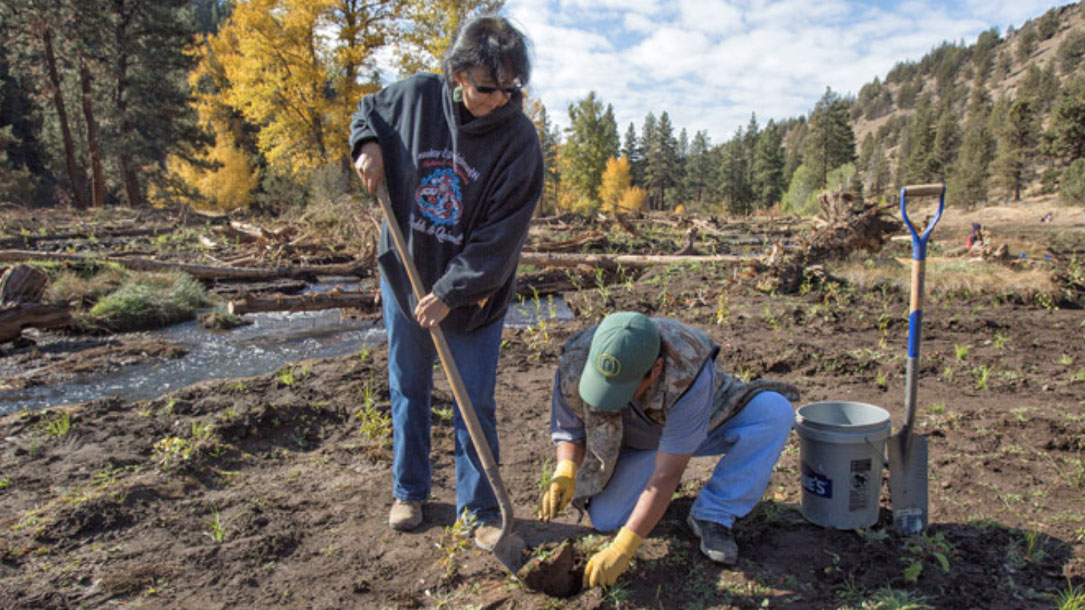
Climate change: Impacts on the communities we love
Central Oregon has some incredible towns, whether it’s the breweries, restaurants, bike paths, or people living there. While we often focus on how climate change is affecting the natural areas around us, it’s also impacting our communities. Learn more about what we can expect from climate change in the communities we love.
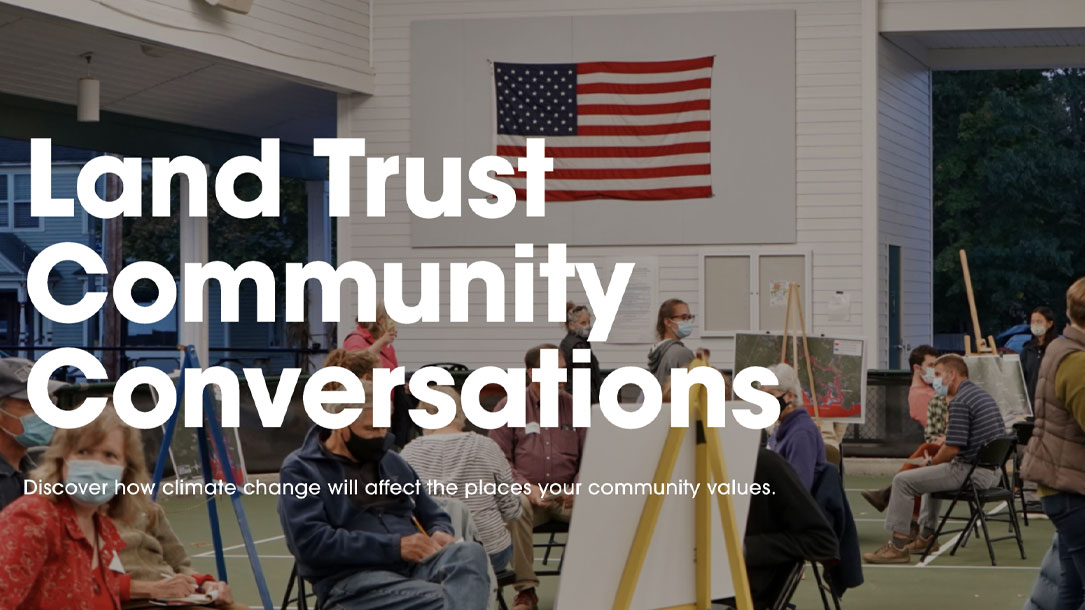
$500 grant: From classrooms to communities
The Climate Initiative is offering $500 to the first 10 land trusts interested in holding community climate change conversations.
They believe youth can — and do — lead, and have developed and tested the curriculum. Check out the videos, articles, and resources — and email Leia if you’d like to learn more or host a program. This could be a great way to partner with area schools, teachers, and your community.
You can find out the details on the website and email Leia Lowery.
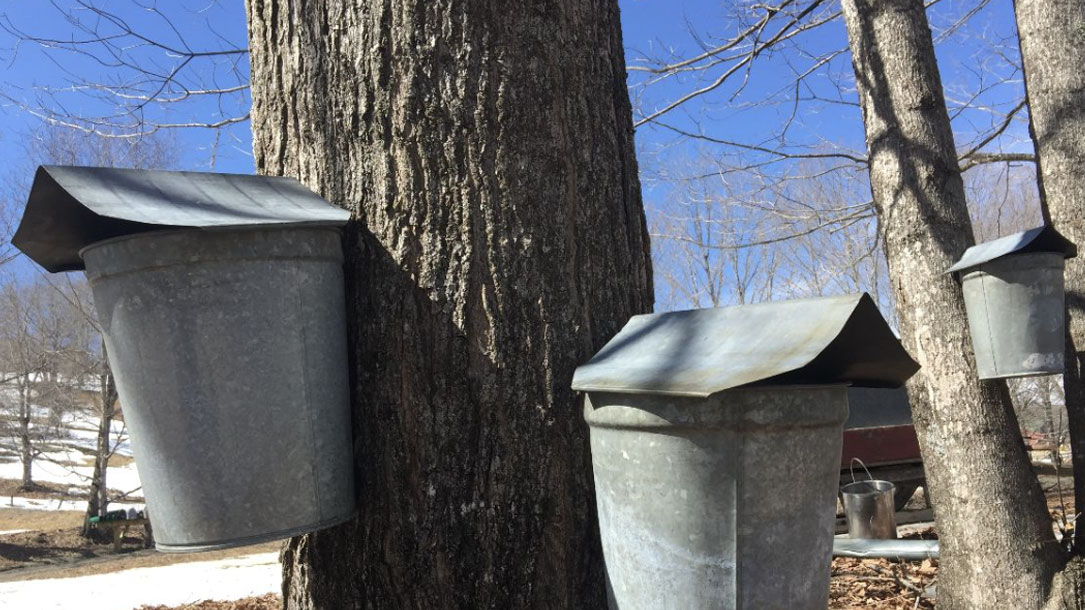
Sequestering carbon while making breakfast sweeter
Vermont’s private forests play a key role in mitigating climate change — they store four times as much carbon as the state’s vehicles release each year. Selling forest carbon credits to companies and individuals working to reduce their carbon footprints provides a new source of income for individual landowners like Jessica Boone and Everett McGinley in Vermont’s Cold Hollows region, which helps them protect their forests. Unfortunately, carbon markets can be too costly for most owners of small forest parcels to join.
That’s why the Vermont Land Trust formed Vermont Forest Carbon LLC and teamed up with The Nature Conservancy, the Caron Dynamics Lab at the University of Vermont, and Cold Hollow to Canada, a local land stewardship and conservation organization, helping landowners overcome the cost barrier by working together as a single carbon project.
This is the first large-scale aggregated forest carbon project in the country, with fifteen neighbors teaming up to sell carbon credits from their land…
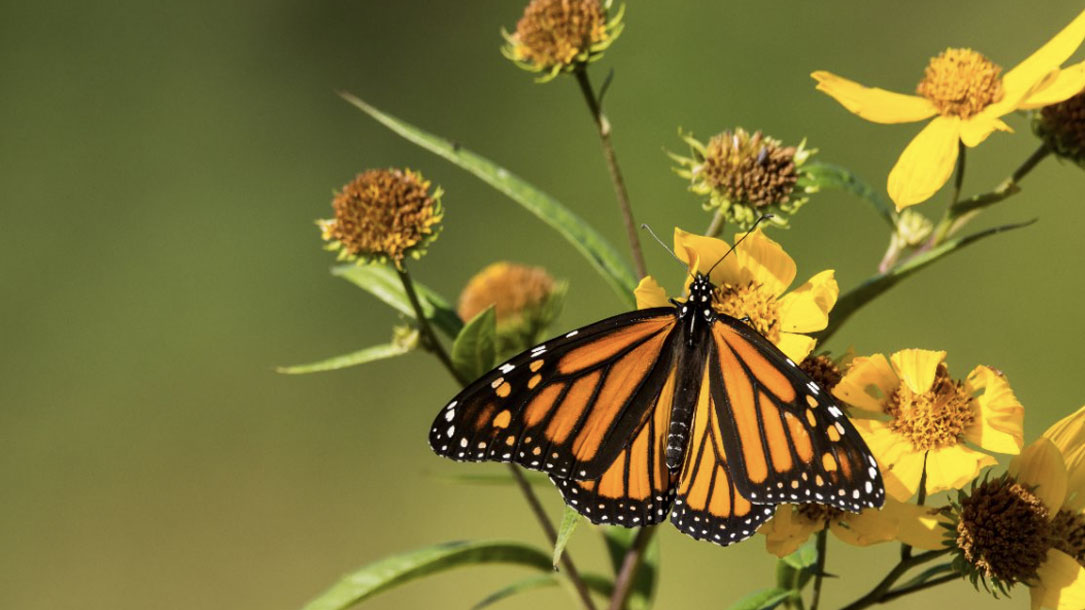
Climate Change Pilot Project
South Kingstown Land Trust was invited by the University of Rhode Island’s Coastal Resource Center (CRC) to participate in a pilot project to investigate how climate change could impact land trusts — whether impacts to our land holdings themselves or to our priorities for preservation.
For Rhode Island, the likely effects of climate change will include sea-level rise and increases in air and water temperature, precipitation, and storminess. The study was funded by the Rhode Island Coastal Resources Management Council…
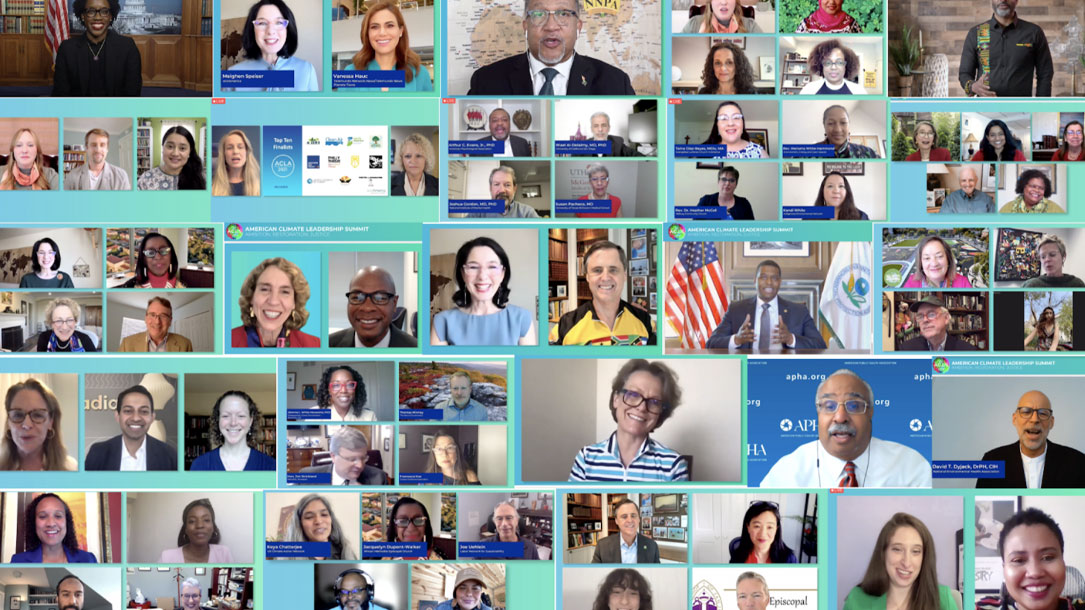
Local action, national purpose
The 11th annual American Climate Leadership Summit 2022 (ACLS 2022) brings together world-class speakers and diverse national and local leaders for four days of sharing and collaboration. It is the only national convening exclusively dedicated to building broad public support and political resolve for climate action. ACLS 2022 welcomes climate leaders of all levels — particularly those who are new and active at the local level.
Join thousands of leaders like you who seek new connections and practical and immediately actionable guidance for engaging everyone, every day for just and equitable climate solutions. A special thanks to the Land Trust Alliance for helping to spread the word. If you are a member of the Alliance, this conference is free (use the code ACLS22LTA).
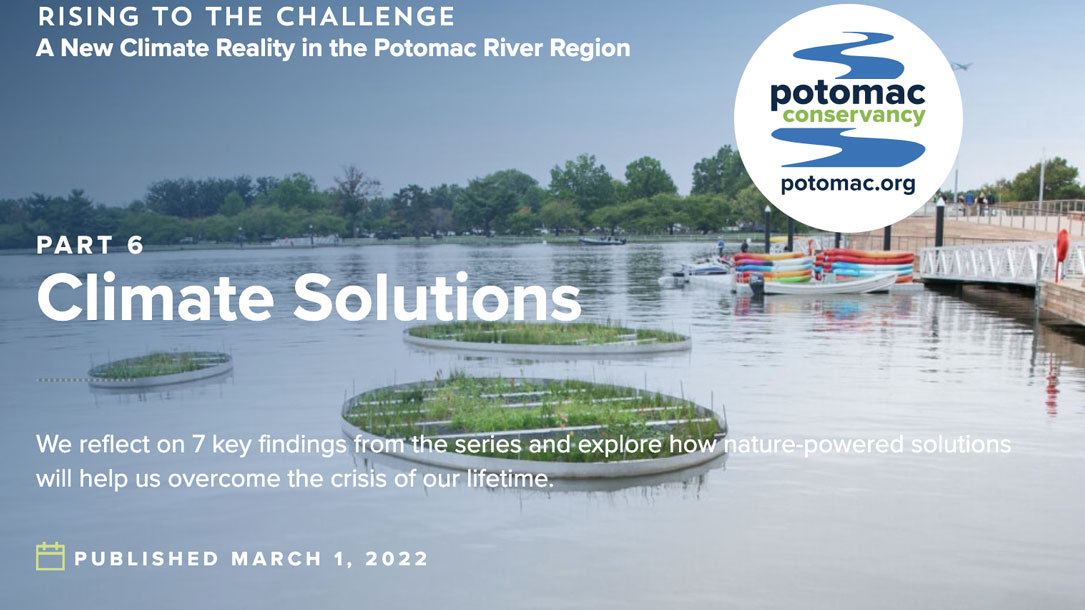
Learning from a climate series
Rising to the Challenge has unpacked important findings, going well beyond the “basics.” Our report and six-part series have revealed the unique ways in which our streams, wildlife, and communities are impacted by a warming climate and extreme weather.
You can review the past workshop series and suggested actions, too.
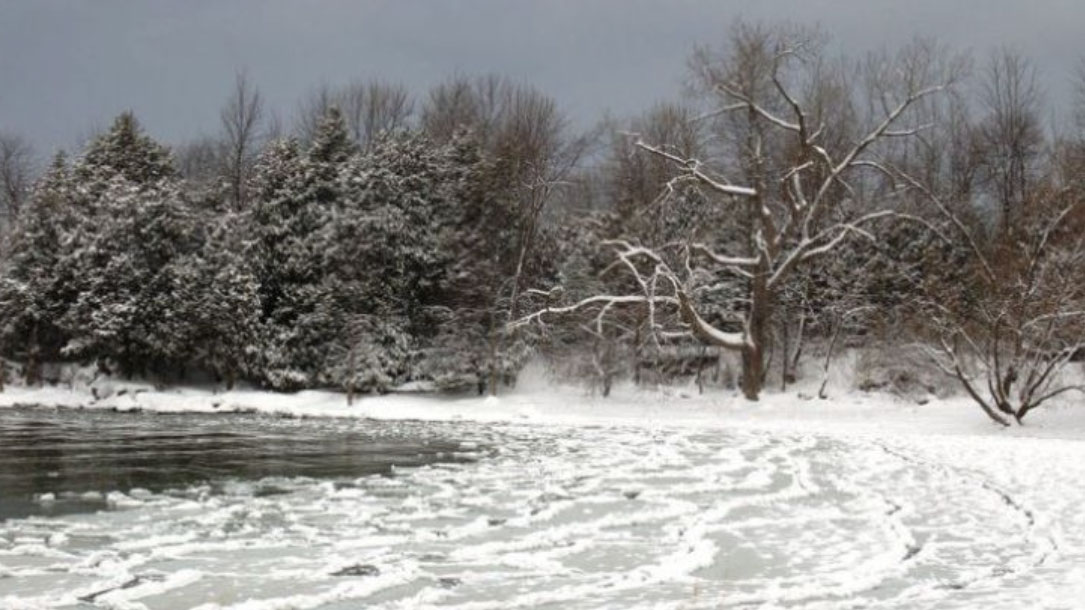
Climate change conversation: Global issues, community response
Climate change is a multi-faceted issue that requires a diversity of approaches to address. It impacts our natural environment, our relationships with the land, and our relationships with each other.
The speakers will present different perspectives on how climate change is impacting our region, some of the challenges it presents, what to expect, and what we can do on a community level to mitigate and adapt to the changing environment… We expect them to talk about solar and farm viability, climate justice, and climate impacts on plants in northern Vermont.
Wednesday, March 30, 2022; 6 p.m. EST
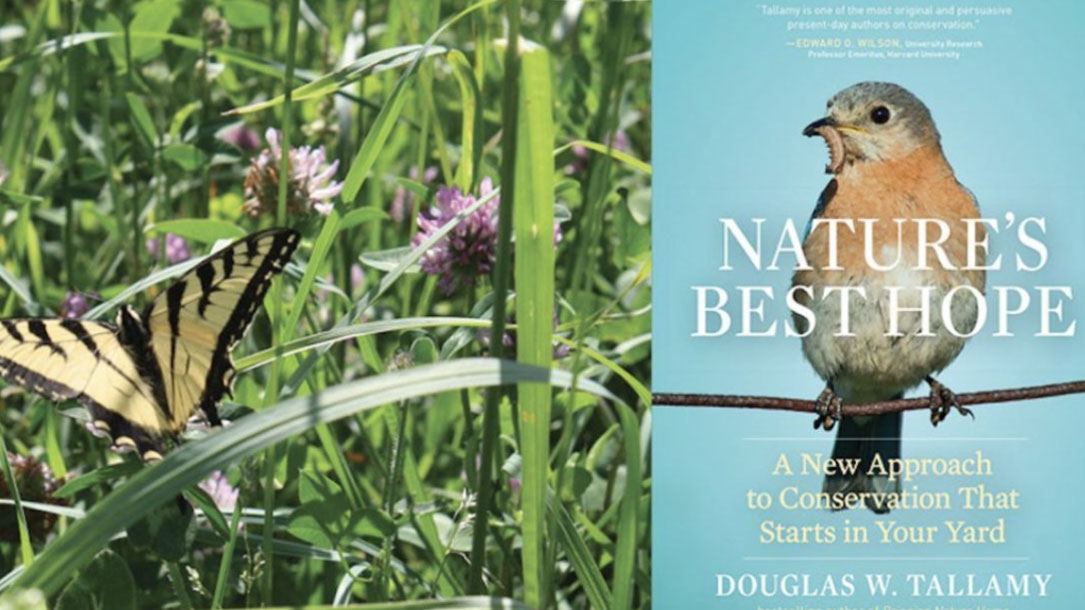
Addressing climate change through land conservation and land stewardship
Kestrel Land Trust is hosting a speakers series designed to empower local action around habitat conservation and climate change.
On Thursday, March 31st at 6:30 p.m. Eastern Standard Time, there will be a 60-minute online presentation followed by a 30-minute Q&A. Bring your curiosity and questions!
This program is the second of Kestrel’s 2022 Ecological Solutions for Climate Change Speaker Series.
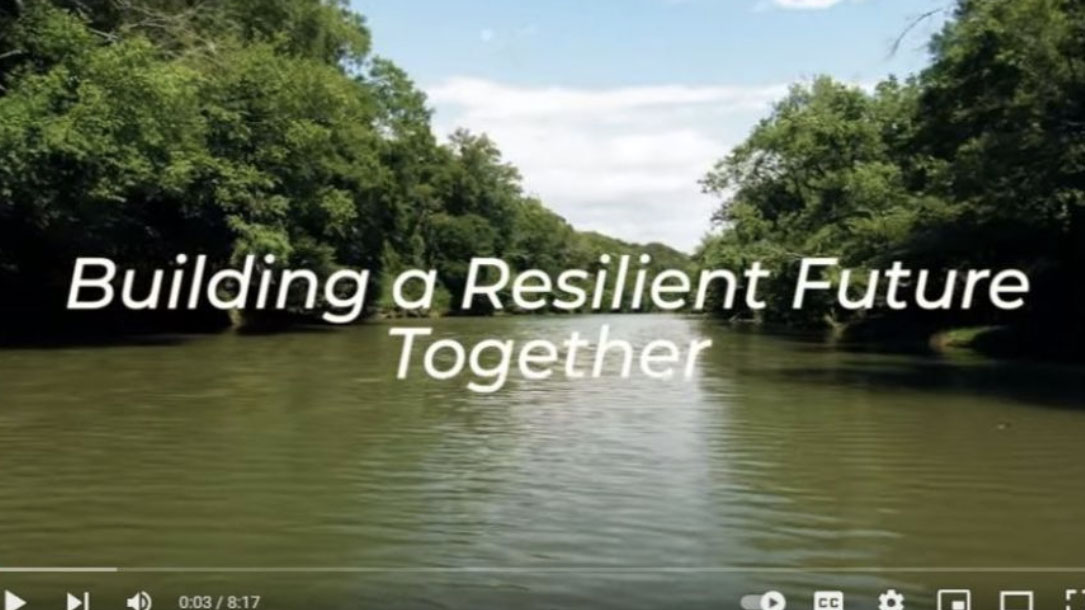
Climate change and community conservation
Oftentimes, land trusts find it challenging to lead from behind and connect the work of conservation and climate change to the communities they serve. This video does a very good job of showing the impact of listening, responding, and leading from behind.

Addressing climate change with land conservation and stewardship
This program is the second of Kestrel’s 2022 Ecological Solutions for Climate Change Speaker Series.
The rallying cry, “Think Global, Act Local,” is just as relevant as ever, as the causes and challenges of climate change are “unequivocal” according to the 6th assessment report recently released by the Intergovernmental Panel on Climate Change (IPCC). We are feeling the effects of a changing climate here in the Valley. How does the way we use the land in our own communities impact the climate? How can land conservation and stewardship make a difference?
Thursday, March 31st at 6:30pm Eastern Daylight Time, Scott Jackson, a University of Massachusetts Amherst professor of Environmental Conservation will give a 60-minute online presentation followed by a 30-minute Q&A. Bring your curiosity and questions!












